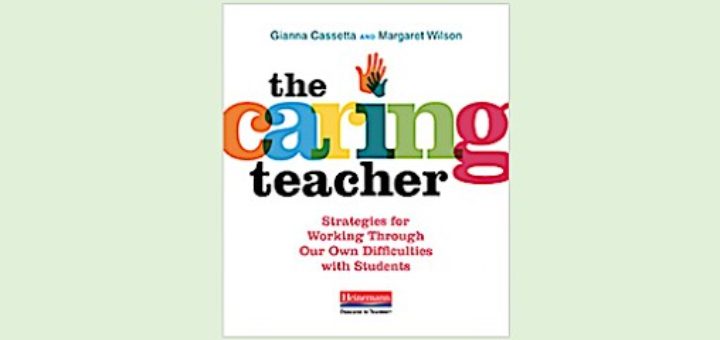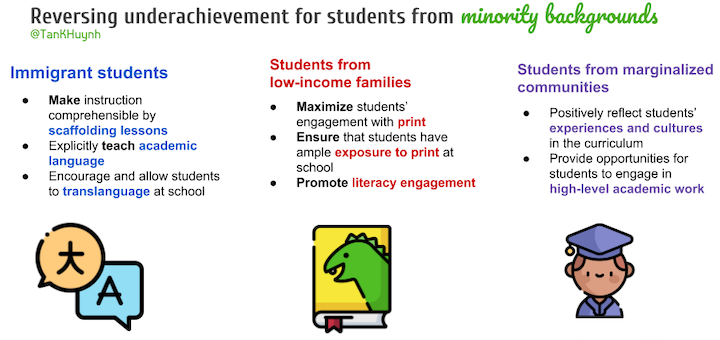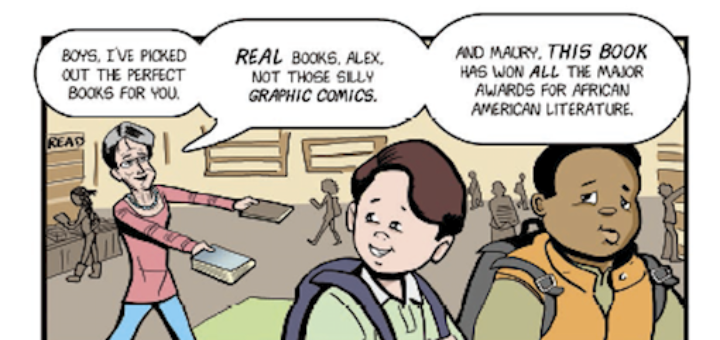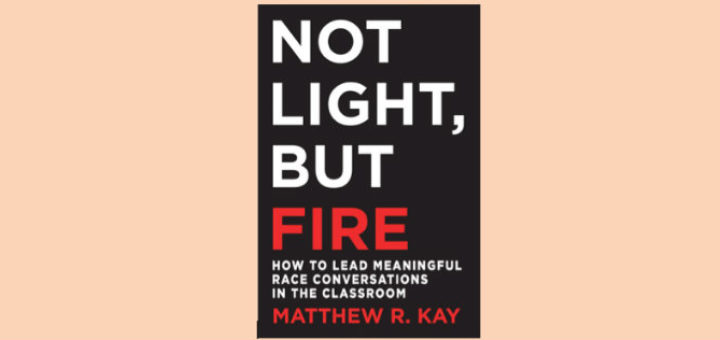We Don’t Need CRT to Say That Race Matters
In Jay Wamsted’s 8th grade math class he chooses to go right for the conversation on race and culture when the opportunity arises. “After all, why not try to know each other a little better?” Learning happens, he says, when students and teacher can be authentic with each other.
























